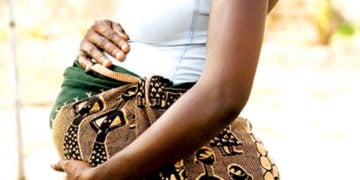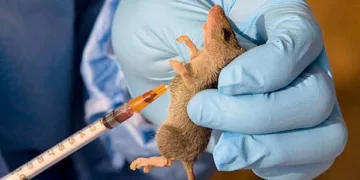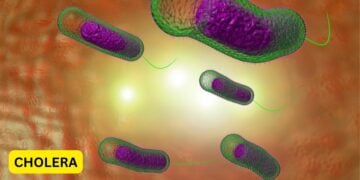Federal Ministry of Health and Social Welfare, with support from the Global Fund, has deployed 333 Truenat devices across the country to enhance tuberculosis (TB) testing.
The deployment followed the promising results of a recent study published in Public Health Action, which highlighted the substantial impact of the Truenat system in reducing turnaround times for TB diagnosis and increasing case detection rates.
The country-wide rollout of the devices will enable the National Tuberculosis, Leprosy and Buruli Ulcer Programme (NTBLCP) to test 8,000 more people per day at minimum and two million more people per year, reducing the risk of community transmission while ensuring timely care.
This intervention is significant for Nigeria as the country collectively accounts for 75 percent of the global missing TB cases and 70 percent of missing DR-TB cases.
Truenat, developed by Molbio Diagnostics Pvt. Ltd., based in India, is a portable, battery-operated molecular device designed for point-of-care testing. Compatible with Truelux, the solar charging station, Truenat can be used to the extent of community level, providing rapid and accurate results, making it an ideal solution for remote and resource-limited settings.
The Truenat system, endorsed by the World Heath Organisation (WHO) for TB and DR-TB testing, is a multi-disease platform capable of diagnosing various infectious diseases, including HIV, Hepatitis, Malaria, and STIs.
Addressing journalists in Abuja, the CEO of Molbio Diagnostics, Sriram Natarajan, stated that the development marks a milestone in the company’s mission to bridge testing gaps in undeserved regions.
“The deployment of 333 Truenat devices in Nigeria marks a significant milestone in our mission to provide innovative diagnostic solutions to underserved regions. We are committed to supporting Nigeria in its fight against TB and improving public health outcomes through timely and accurate diagnostics, he said.
Molbio in collaboration with NTBLCP is currently conducting country-wide end users training and installation of the platform to ensure a smooth service delivery.
The laboratory lead, NTBLCP, Rita Akpakpan, explained that the device is automated, battery-operated device used to extract, amplify, and detect specific genomic DNA loci for TB and Rifampicin resistant.





